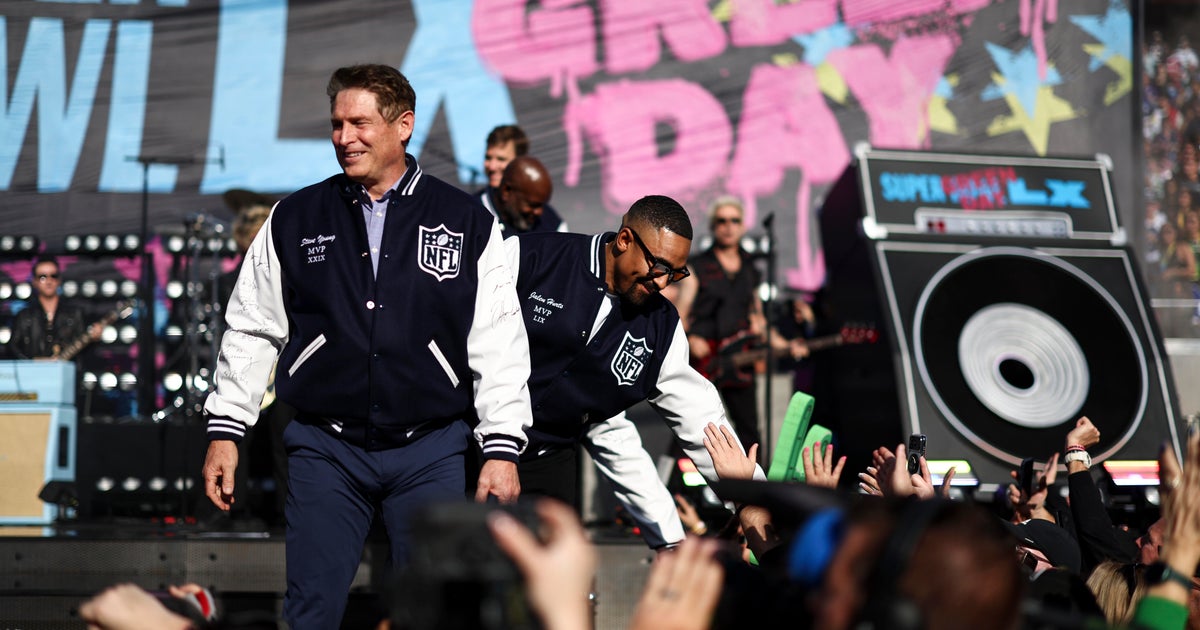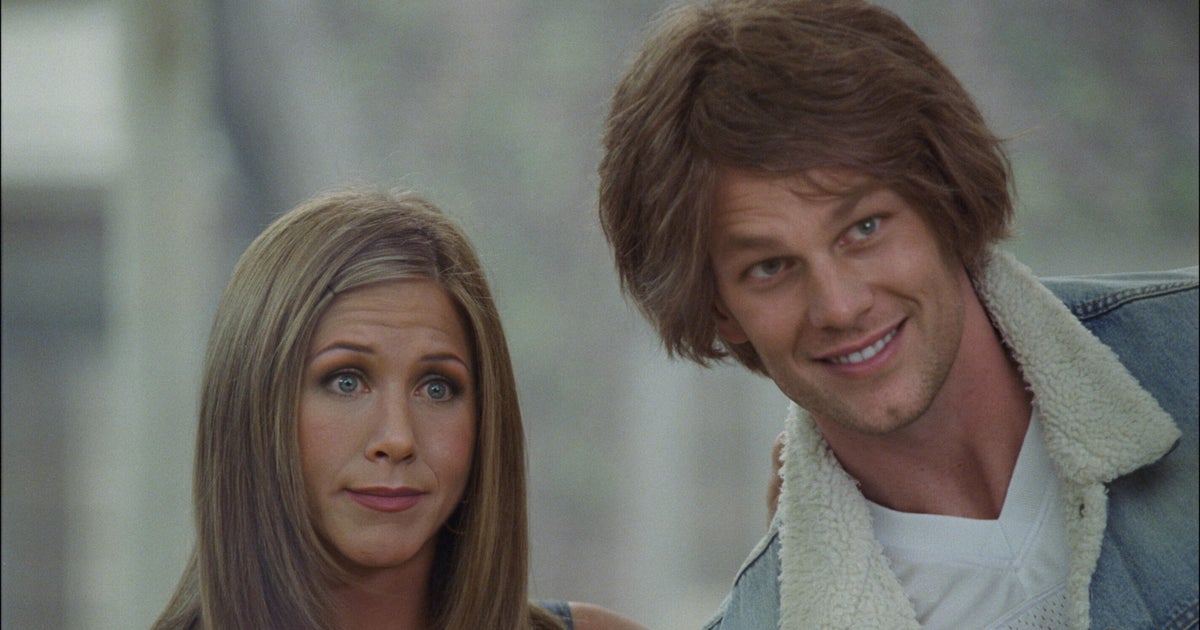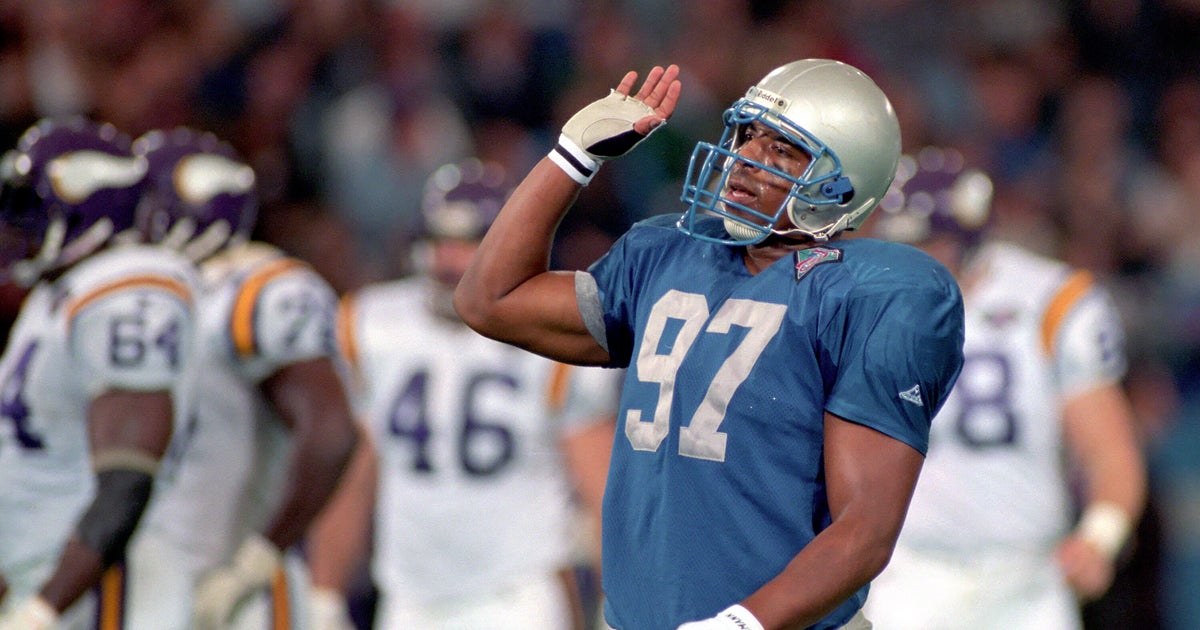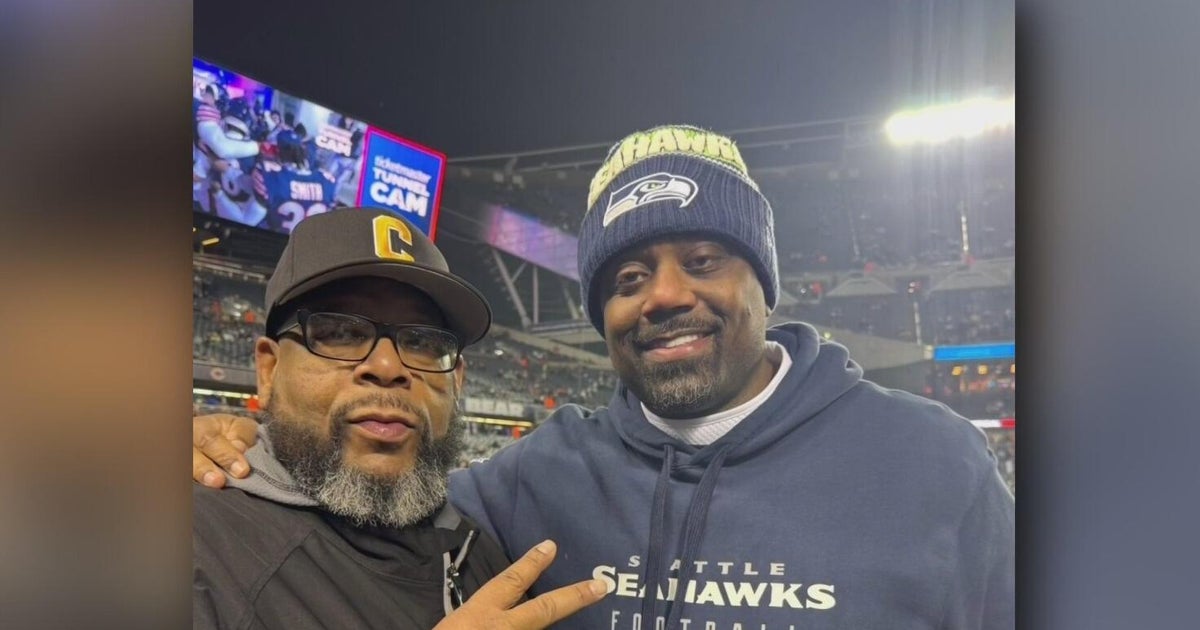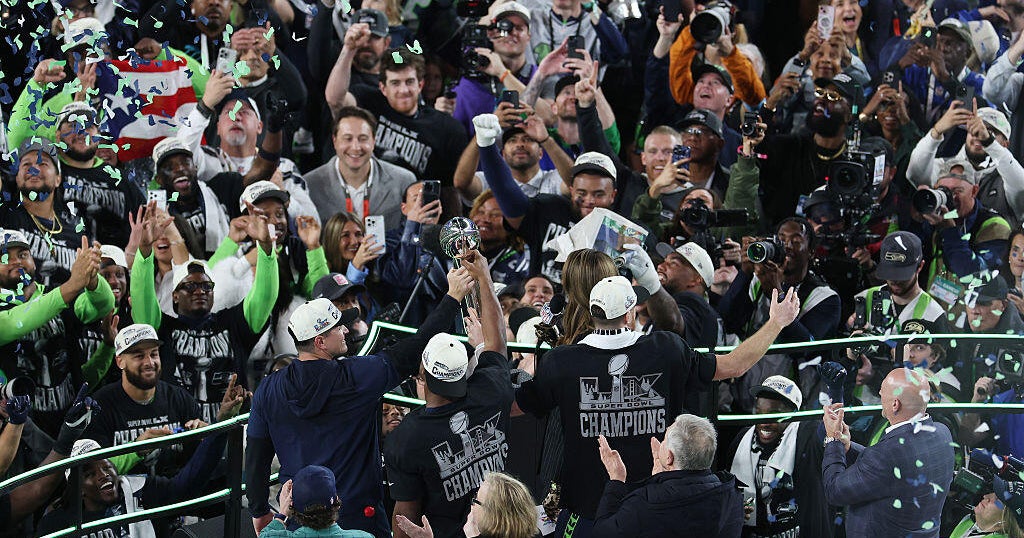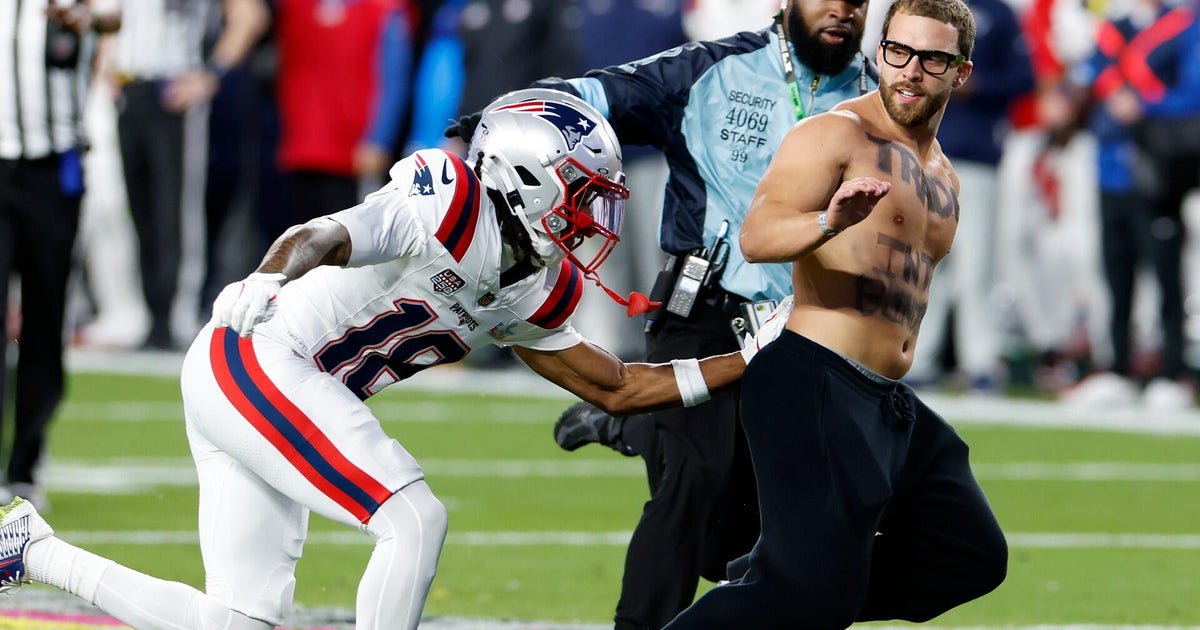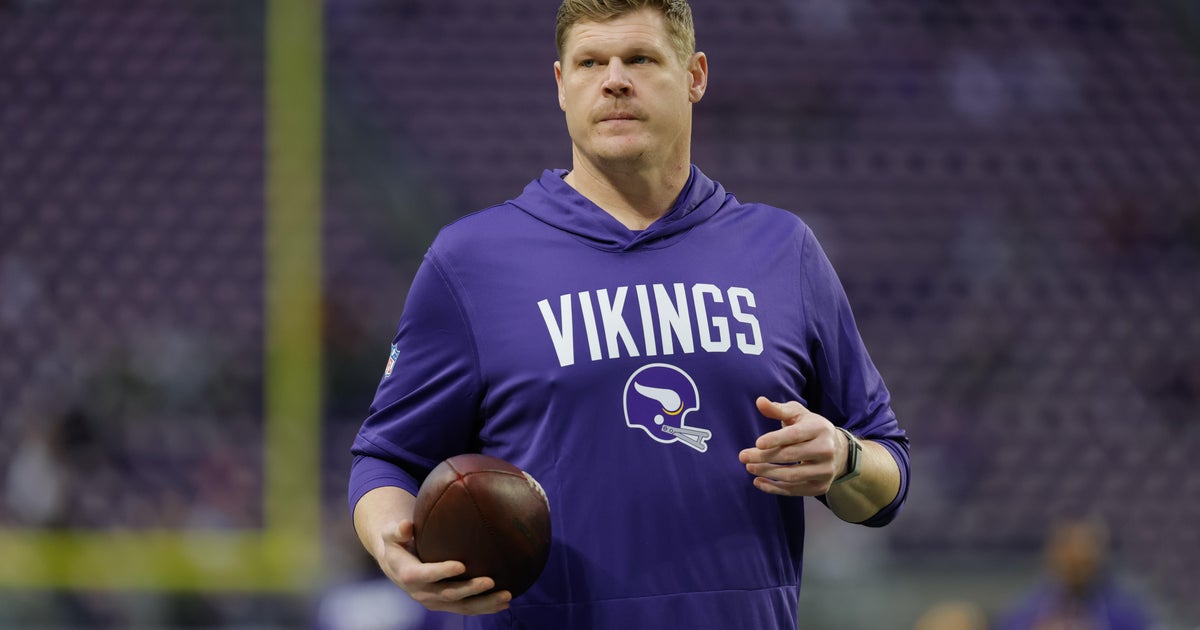Silverman: Goodell Simply Violated His Own Rules, And That's Why Brady Is Smiling
By Steve Silverman
» More Columns
Roger Goodell knows how to run when the going gets tough.
You won't see him at the Steelers-Patriots opener Thursday night, and you'll remember that the commissioner was nowhere to be found last year after he fumbled the Ray Rice situation.
Federal judge Richard Berman did not say that Tom Brady was innocent when he overturned the four-game suspension that the NFL had imposed -- and then confirmed when Goodell refused to reduce the punishment when Brady appealed the league's "Deflategate" ruling.
What Berman did say is that the NFL did not live up to its own standards in investigating the issue and concluding that Brady deserved to be punished.
In so doing, Berman has cut the legs off the commissioner, who once again showed he really has no clue when it comes to fact-finding and decision-making at the highest level.
The NFL basically had carte blanche on how to conduct an investigation, based on its one-sided victory over the NFL Players Association when it negotiated its last collective bargaining agreement. The NFLPA had basically given away all its rights on how investigations were supposed to be handled and how the punishment process played out. It basically told the NFL that it was OK to play by whatever rules the league wanted to impose.
The NFL came up with its own set of rules and the NFLPA had nothing to say about it. But when Goodell and the NFL didn't give Brady a fair chance to confront witnesses at his appeal and was never informed of what penalties he was facing, the league had violated its own standards.
Berman said that Goodell dispensed "his own brand of industrial justice," and it simply lacked the consistency and the standards that the league had set for itself.
Goodell and his team of legal eagles should have worked out a compromise with Brady, because now there is real trouble.
If he didn't follow his own rules in the Brady case, why would he have followed the rules in any other decision he has made that has to do with player discipline? The next big case that could be questioned involves Dallas Cowboys defensive end Greg Hardy, who was originally suspended for 10 games by Goodell for violating the league's personal conduct policy with respect to a domestic violence incident.
Hardy's suspension has already been reduced to four games, but he may want to play 16 games for the Cowboys this year. So why not challenge a commissioner who has shown he will play fast and loose with the rules when it suits his purposes?
If Hardy does decide to challenge the process like Brady did, and he also wins, the law-and-order commissioner will have no power when it comes to discipline.
Goodell has tried to save face – his, and not the NFL's – by saying he would appeal the Brady decision. The league has done this already, and it has gone to the U.S. Court of Appeals for the second circuit. They will try to convince a three-judge panel that Berman applied the law incorrectly.
This is not going to happen quickly. If the Appeals Court decides to listen to the case, it won't happen until next spring or summer. And even if it listens, the league would have to convince two of the three judges that Berman's analysis is faulty.
Those kinds of appeals in civil cases are successful less than 10 percent of the time.
Brady was willing to accept blame for withholding evidence and not cooperating in the investigative process. That meant taking a one-game suspension. That wasn't enough for Roger, and he gambled that Berman would see it his way.
It was a bad gamble, and Brady will now play in the season opener against the Steelers --and the next three as well.
Goodell will take the easy way out and not show up in Foxboro. Gary Bettman may get booed loud and long when he hands out the Stanley Cup every year, but he doesn't cut and run.
Goodell could take a lesson here on facing the music. That would show some guts that have been missing in action for several years.
